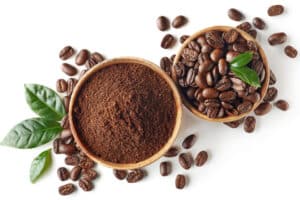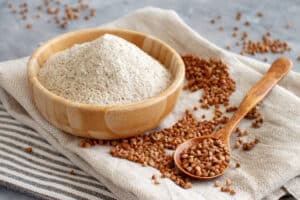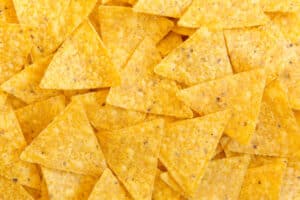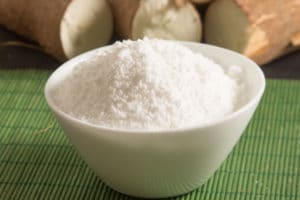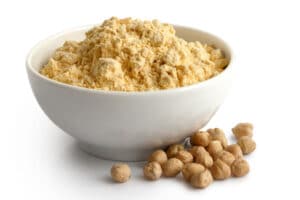Sometimes it can get confusing with all the different names and kinds of milk products. Just remember that dry milk is interchangeable with powdered milk and milk powder. However, it’s different from condensed milk, evaporated milk, and malted milk powder.
Once you’re sure that a recipe includes dry milk, you can look into many substantial dry milk substitutes. Sometimes you can substitute dry milk with liquid milk or non-dairy milk. Other times, it’s best to use other dehydrated and powdered products when recipes call for low moisture content. It just depends on the recipe and using the correct portions.
Since there are many powdered milk substitutes, we’ve listed the top five alternatives that prioritize convenience and effectiveness.
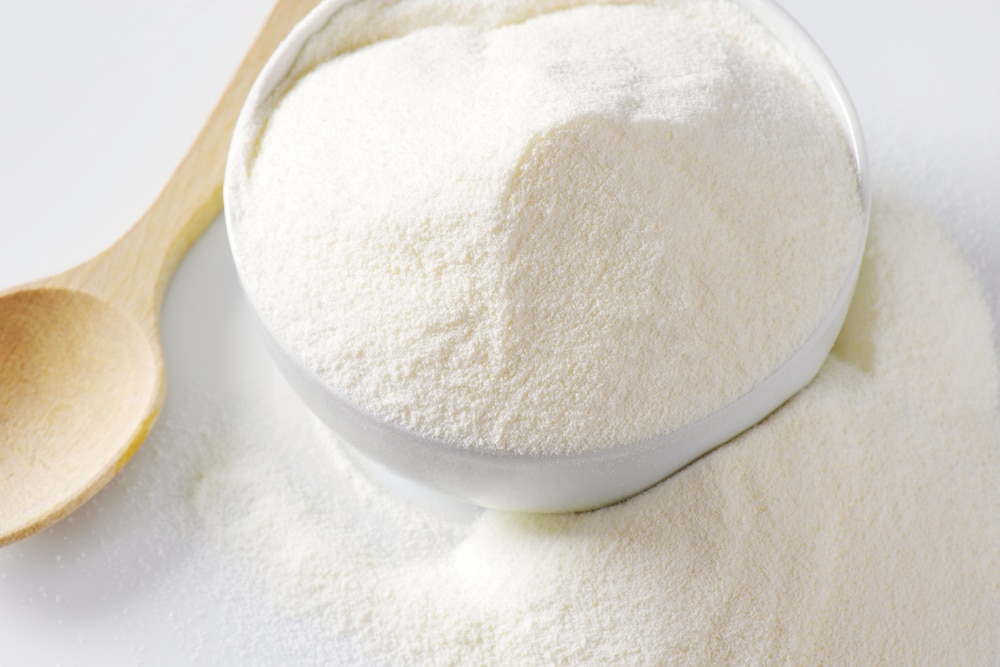
Recommended Dry Milk Substitute
You can substitute dry milk with both liquid alternatives or other dehydrated alternatives. If you know the purpose or function of dry milk in a recipe, you’ll know if you should substitute it with a liquid alternative or another dry alternative.
1. Regular Milk
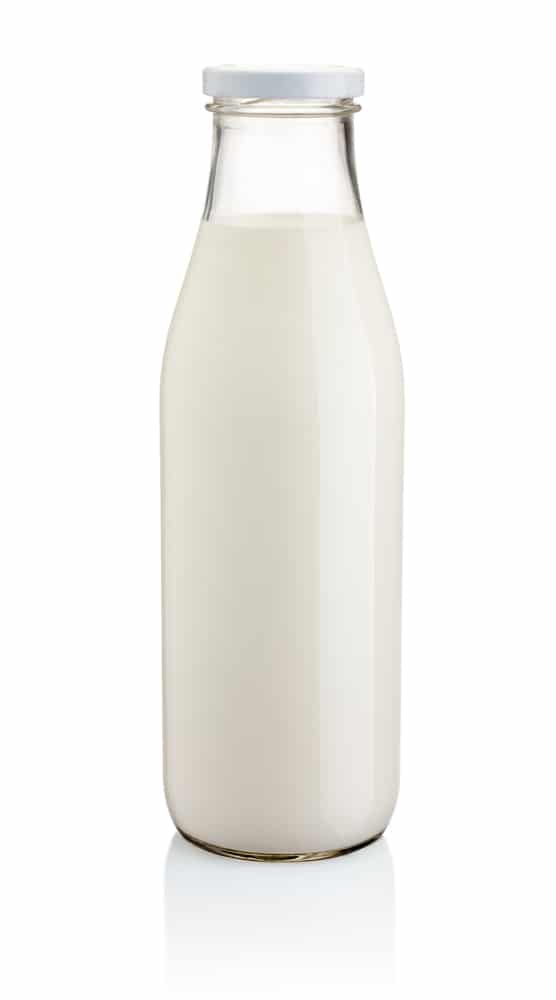
Regular milk is an excellent substitute for milk powder because it carries the same components as dry milk. The only real difference is moisture content. Therefore, it’s best to use regular milk when the moisture content is not the primary concern or if a recipe calls for another liquid, such as water.
Replace every ¼ cup of dry milk with one cup of regular milk. If the recipe also includes water, take out one cup of water for every one cup of milk. For example, if a recipe calls for ¼ cup of dry milk and one cup of water, you can just eliminate the dry milk and water and use one cup of milk.
Any kind of dairy milk can substitute dry milk except for buttermilk. Buttermilk contains properties that influence textures and flavors, so it can significantly change the result of a recipe—only substitute buttermilk powder with buttermilk.
2. Plant-Based Milk
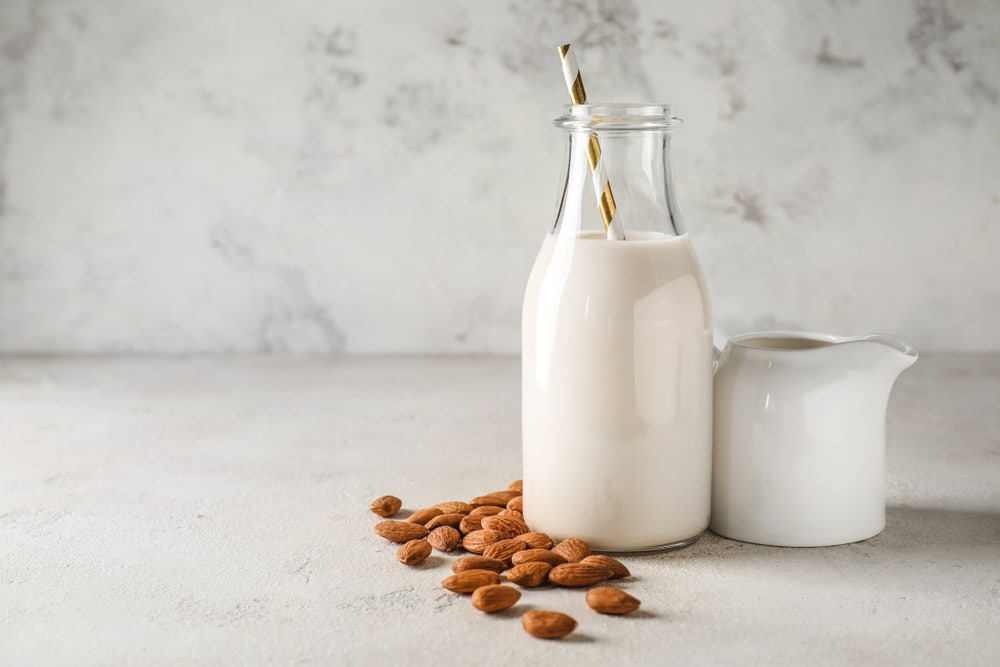
Plant-based milk can also be a milk powder substitute. You can use all kinds of plant-based milk, such as soy, cashew, almond, or oat milk.
Plant-based milk is an excellent alternative to milk powder because it allows people with lactose intolerance and vegan diets to cook recipes that originally contain milk powder.
Just as with regular milk, only use plant-based milk when a recipe also calls for water. The substitution ratio is also the same. One cup of plant-based milk can replace ¼ cup of dry milk and one cup of water.
3. Coconut Milk Powder
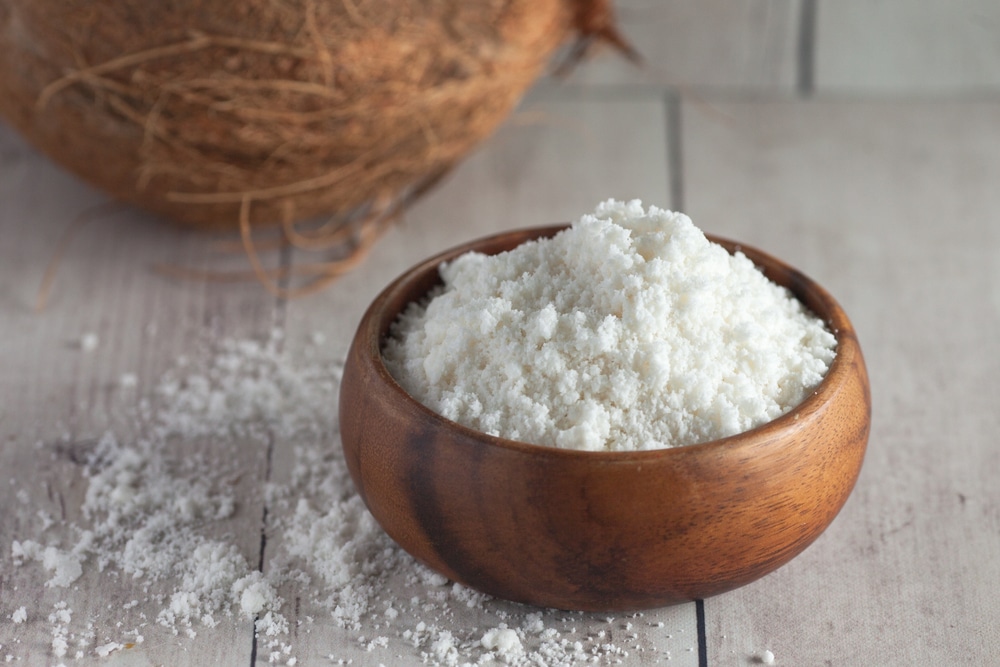
Coconut milk powder can substitute different kinds of milk powder, but it’s the best substitute for whole-fat milk powder because it also has a high fat content.
Coconut milk powder is also convenient because you don’t have to make any measurement changes to a recipe. Just swap the dry milk with the same amount of coconut milk powder.
A lot of curries and soups do well with coconut milk powder. Coconut milk powder adds a creamy texture to these types of dishes. However, since it has a lot of fat, it won’t work well with baked goods. You’ll most likely end up with something that’s overly dense and heavy.
4. Soy Milk Powder
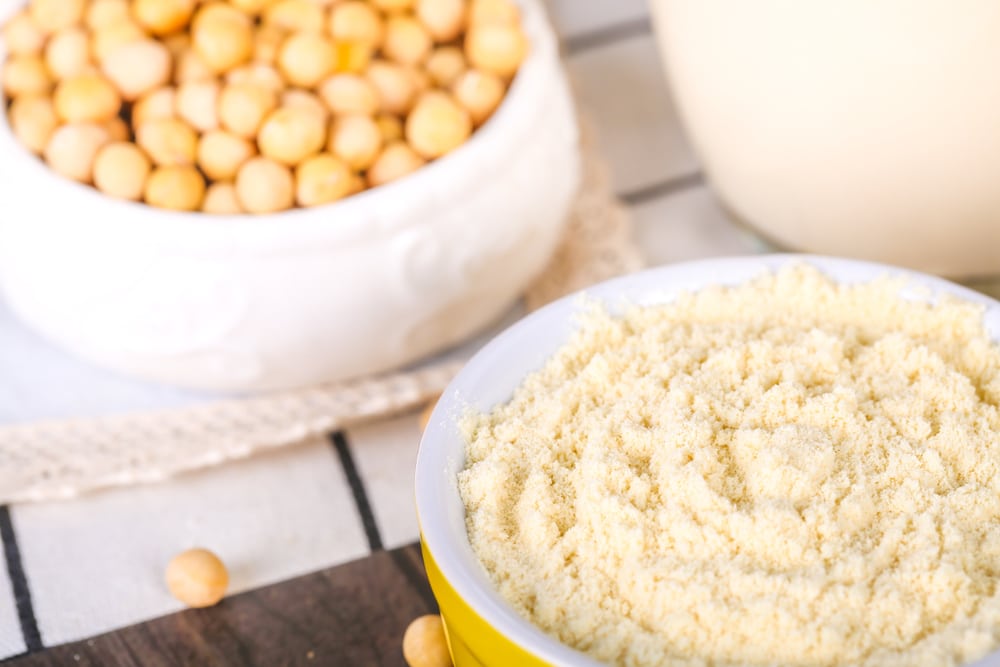
Soy milk powder has a similar nutritional value as regular dry milk powder. So, if you’re looking for a lactose-free or vegan option with similar nutrients as dry milk, soy milk powder is one of the best available options.
Just as with coconut milk powder, you can substitute dry milk with the same amount of soy milk powder. You also don’t have to change anything else in the recipe.
Unlike coconut milk powder, soy milk powder works well with baked goods. You can make deliciously fluffy cakes and muffins with it.
5. Potato Milk Powder
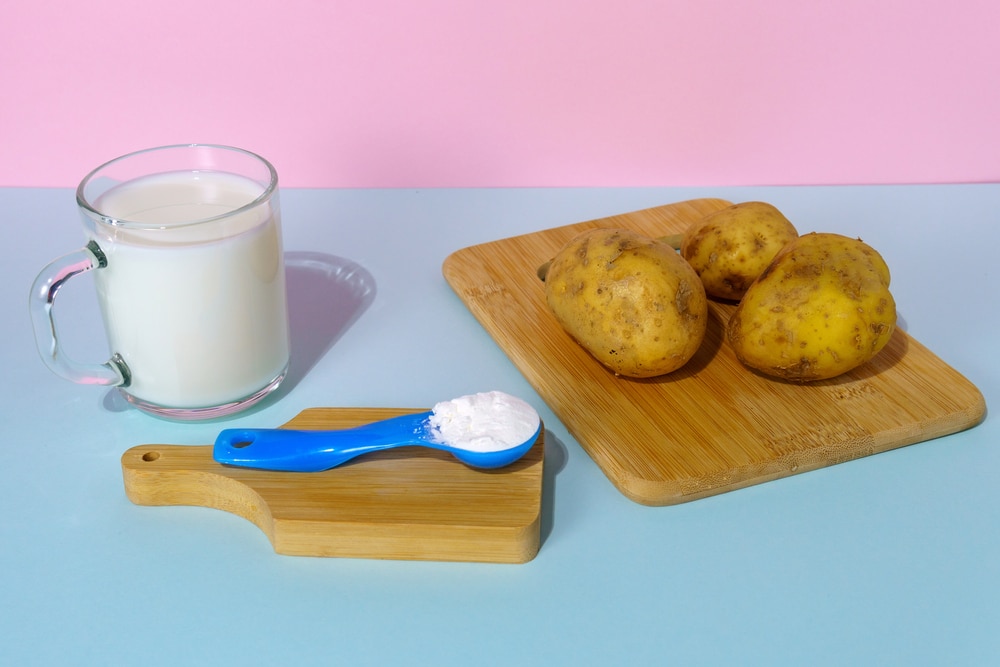
Potato milk powder isn’t as well-known or widely available as some other milk powder substitutes. However, it’s worth mentioning because it’s nutritious and a great option for people with food allergies and gluten intolerance.
You might not easily find potato milk powder in stores, but you can find it online. You can also make your own liquid potato milk by blending cooked potatoes with water and a few other ingredients.
You can make delicious and creamy soups with potato milk powder. You can also use it in bread recipes to bake soft and fluffy dinner rolls.
Frequently Asked Questions
Powdered milk has a long shelf-life, so it’s great to have as a backup if you run out of regular milk. The initial purpose of powdered milk is to mix it with water to turn it into liquid milk. However, it also has a different effect on many kinds of dishes.
You can use powdered milk as a thickener for soups and gravies. It doesn’t thicken as flour or cornstarch does, but it adds more richness.
Many ice cream recipes also call for dry milk. Dry milk absorbs liquid from milk to prevent the formation of ice crystals. This process keeps ice cream creamy and smooth.
You can also use powdered milk to create homemade hot chocolate mixes. This is a creative and convenient way to quickly whip up some sweet treats that keep you warm during cold winters.
Powdered milk essentially has the same nutritional value as liquid milk. Simply put, regular milk goes through an evaporation process to turn into dehydrated milk. It gets sprayed into a heated chamber until it reduces into a fine powder.
Powdered milk is a great alternative to liquid milk because it has a longer shelf life and won’t expire as quickly.
Therefore, powdered milk isn’t more harmful than regular milk. If you can drink milk, you should be able to consume powdered milk without any additional concerns. Powdered milk would be bad for individuals who have an aversion to regular milk. Aversions would include issues like lactose intolerance and dairy allergies.
Yes, you can omit dry milk from bread recipes. Dry milk may make bread dough rise higher, but people often use dry milk over liquid milk simply because of convenience. It’s easier to mix dry milk.
A lot of bread recipes using a bread maker will call for dry milk. The reason for this is because people often use the built-in timer to set a delayed start time. This delayed start can result in regular milk going sour.
You can typically omit dry milk and regular milk from a bread recipe and use plant-based milk instead. Just make sure to use plain plant-based milk without additional flavors or sweeteners so that the overall taste of your bread isn’t affected.
Yes, you can use milk powder instead of milk in cakes. In fact, milk powder can enhance the flavor of cakes and other baked goods. Renowned Chef Christina Tosi loves to include dry milk in her baked goods and claims that it makes everything taste better.
Milk powder adds richness and creaminess to a lot of baked goods. When baking, the sugar in the milk powder caramelizes to create an extra layer of crunch and sweetness.
So, don’t hesitate to experiment with milk powder and any other baked good. See if you can taste the difference.
The simple answer is yes. You can substitute milk powder with malted milk powder. The difference in malted milk powder is that it also contains ground-up barley and wheat flour.
You can substitute equal parts of malted milk powder with regular milk powder. Malted milk powder can actually boost the flavor of chocolate, so it can be a great substitute for chocolate-based recipes.
However, you may not want to substitute malted milk powder with regular milk powder. This is because malted milk powder has additional components in it that can enhance other flavors in a recipe. You can use regular milk powder as a substitute, but the dish will most likely taste a little blander.
Condensed milk can be a substitute for milk powder, but it’s not a very convenient process. For dry milk to equal the amount of condensed milk in a recipe, you would have to mix the dry milk with 40% of the regular amount of water you would use for turning dry milk into liquid milk.
Therefore, it’s possible to use condensed milk as a substitute, but there are more convenient alternatives out there. It’s best to leave condensed milk alone unless you have absolutely no other option.


